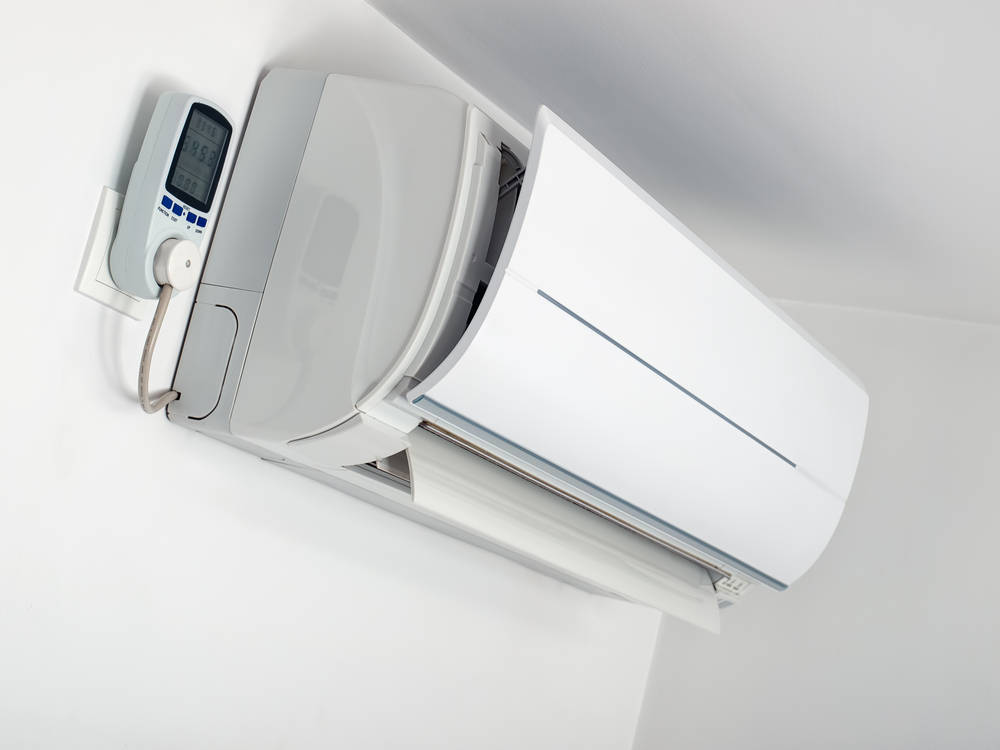Could Poor Indoor Air Quality Be Affecting Your Overall Health?
Many seniors suffer from breathing difficulties due to a vast array of possible causes. Some will have developed these breathing issues following an illness or as a side effect from certain diseases or medications.
If you find that your breathing becomes more difficult when you are inside your own home, it is important to rule out the potential causes. Could poor air quality be affecting your overall health?
Older Homes Often Have Older Air Circulation Systems Too
Most older homes still have their original metal ductwork and various air vents to take the warmed or cooled air from a heating and/or cooling unit out to other areas of the home. These ducts often develop cracks, holes, leaks, or rust damage that could allow unwanted debris and harmful pathogens to gain access to the home’s air supply system.
Signs & Symptoms That May Indicate Poor Air Quality in Your House
If breathing problems tend to increase when running your furnace or air conditioner, there could be unwanted lung and airway contaminants already circulating through your home air supply system. Dust, dirt particles, invisible dust mites, and mold spores, along with other pathogens, may be trapped inside your air system’s framework of ducts.
Get Your Air Circulation System Inspected by a Professional
It is wise to have your air quality checked for peace of mind. Have a heating and cooling specialist check your current air circulation system to see if there are problematic contaminants inside. Repair any obvious damage to the system and get the professional to thoroughly clean the system as well. This can dramatically reduce airborne contaminants that could be causing your breathing and other health problems.
Dust Frequently & Keep Indoor Areas Clean & Dry
Mold and mildew can begin growing in just 48 hours when the right conditions for their growth are present. Leaks in a home’s plumbing pipes, around windows, and damp basements or crawl spaces may be at the root of your poor air quality. Assess the airflow in attics as well. Using a dehumidifier can help reduce indoor dampness that may negatively impact the home’s indoor air quality.
Keep Your Indoor Air Quality Under Control for Better Health
Take time to assess any indoor use of chemicals, fragrances, and other substances that can become airborne. Switching to gentler cleaners and air fresheners free from perfumes and other irritants can help keep indoor air quality better for your health. Learn more by contacting St. Bernardine.




